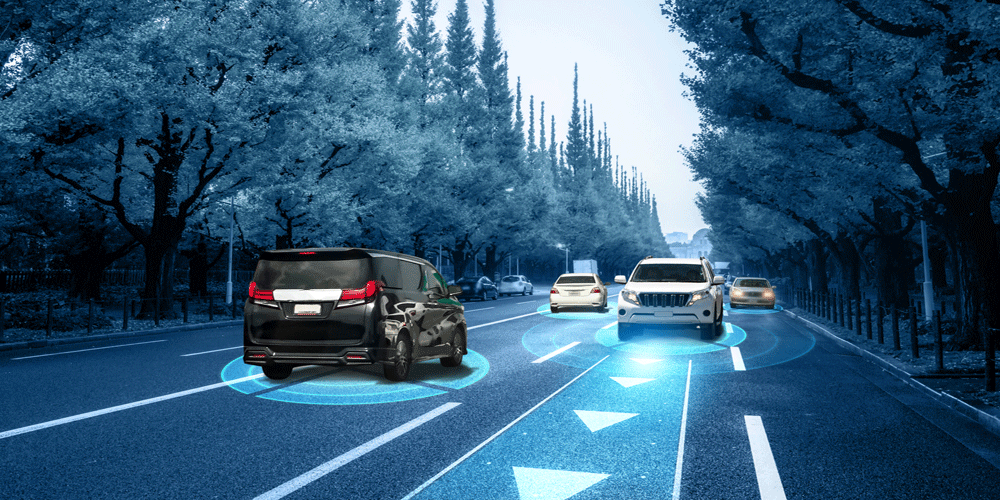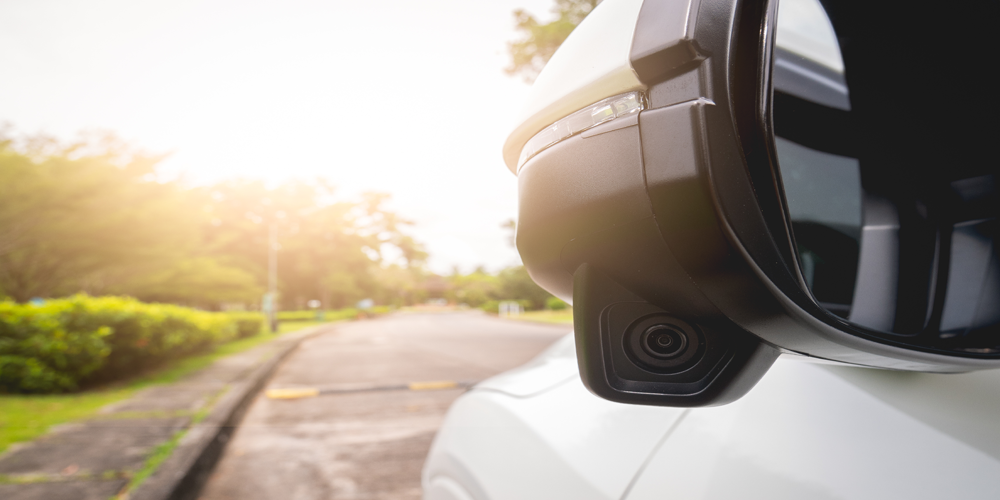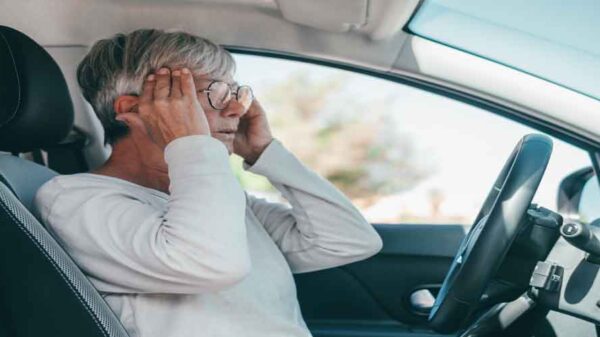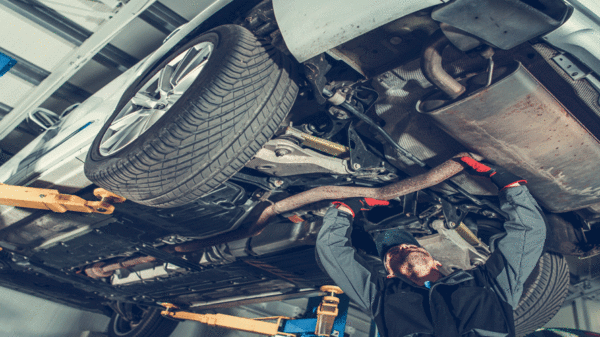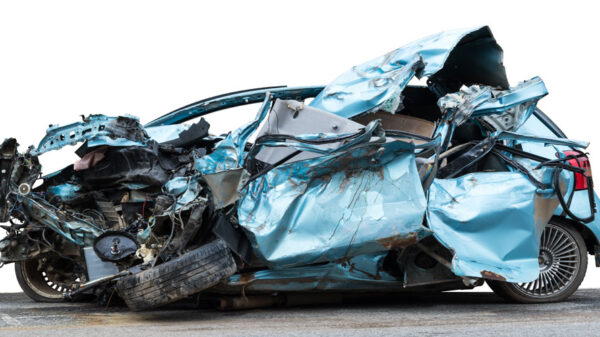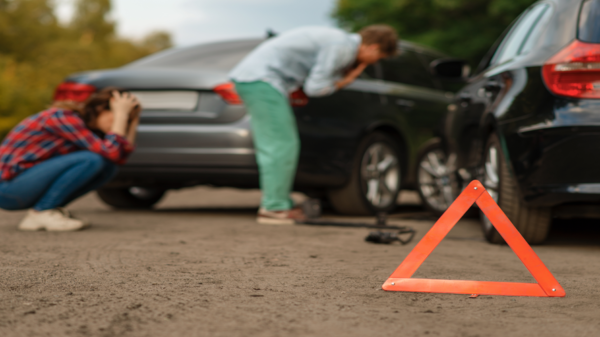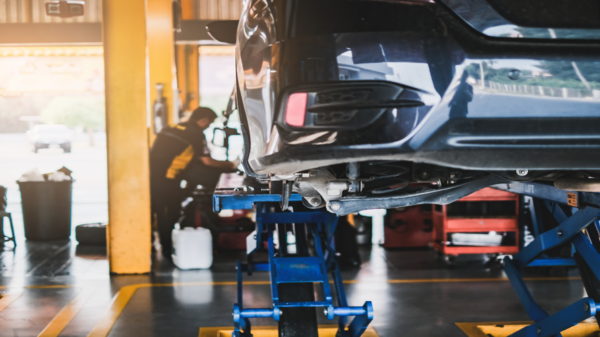There is no easy answer as to how safe self-driving cars should be, an adviser to a new government-backed report has told the BBC. The report, from the Centre for Data Ethics and Innovation, warns that it might not be enough for self-driving cars to be safer than normal cars. It says the public may have little tolerance for driverless car crashes – even if they are safer on average.
It comes as the government sets out its plans for self-driving cars.
No self-driving cars are currently allowed on UK roads, but the government has now said the first such vehicles could be on UK roads by 2025. Some cars, coaches and lorries with self-driving features could even be operating on motorways in the next year, the Department for Transport said.
The government’s plans include a “safety ambition” for vehicles: that they should be as safe as a competent human driver. It says this will inform standards that need to be reached in order to be allowed to self-drive on the roads – and manufacturers could face sanctions if they are not met.
But the CDEI, a government expert body that leads its work on trustworthy innovation using data and AI, says the question of how safe autonomous vehicles should be is not one science alone can answer.
It says the public may have little tolerance for crashes that are seen as the fault of “faceless technology companies or lax regulation” even if, it adds, on average driverless cars are safer than humans.
And if the public expect self-driving cars to be as safe as trains or planes, it would require a 100-fold increase in average safety over manually driven cars, it warns.
“What we wanted to do was say there’s not an easy answer to this question” said Professor Jack Stilgoe of University College London who advised the CDEI. He suggested that establishing how safe they should be was a democratic decision.
The CDEI says it is also important to consider how risk is distributed between different groups. Even if there are improvements in overall safety, “some groups may see substantial safety improvements while others see none or even face new hazards”.
On Friday, the government is publishing a policy paper setting out planned laws ready for the introduction of self-driving vehicles on British roads.
The new laws will be brought forward when parliamentary time allows, the government has said.
The legislation is expected to state that manufacturers are responsible for the vehicle’s actions when self-driving – something the Law Commission recommended earlier this year.


